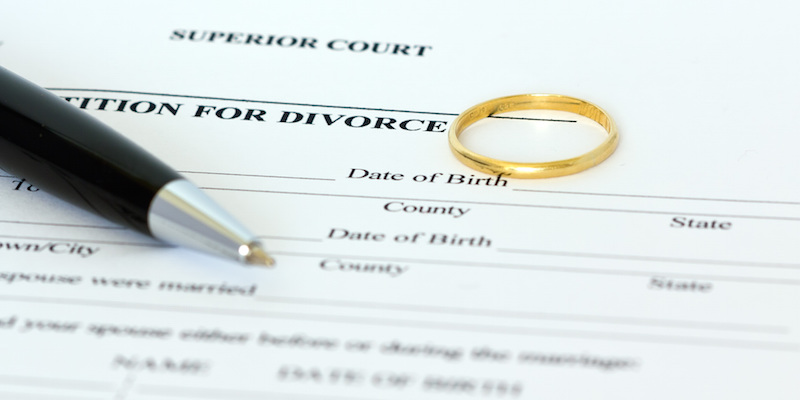In a very interesting article recently on CNBC, the network revealed how the divorce rate between adults over 50 – the so called “baby boomer” generation – has doubled in the last 25 years. Joslin Davis, president of the American Academy of Matrimonial Lawyers, captured this moment perfectly: “It’s very unsettling, if not downright scary, for people who are older without much earning capacity left to face a divorce as they are looking forward to retiring.”
Baby boomers approaching retirement have two significant assets – retirement benefits and real estate – and a fixed or limited income stream, usually a combination of Social Security and retirement benefits. When baby boomers divorce, the lesser earning or more dependent spouse feels a great deal of financial anxiety, wondering how to pay for a reasonable standard of living moving forward. Unfortunately for the lesser earning spouse, the options become limited because the sources of income become limited.
While baby boomers can argue over spousal support, and they do, spousal support is not alone an answer to long-term stability because the ability of the other spouse to pay maintenance decreases as that spouse approaches retirement. Maintenance is not designed to keep a higher earning spouse working past retirement to pay for the lesser earning former spouse; it is a temporary fix to the issue of self-sufficiency.
What baby boomers should focus on upon divorce is how to equitably divide the substantial assets – real estate and retirement benefits – and how to redo a budget to live a desired lifestyle on what income one can expect post-divorce.
First, courts generally divide equally the marital portion of any retirement account, as well as the marital portion of any real estate. But while real estate may seem valuable, particularly if paid off, it is not a liquid asset and it offers no monthly cash payments. It may make more sense to trade the value of the house for more of the retirement benefits, or to sell the house and use the proceeds to buy a smaller home (or rent) and put the remainder into retirement. The key is to know what each spouse can reasonably expect from retirement benefit income and what continued earning capacity that spouse could generate. With these numbers, each spouse can make better financial decisions in a divorce settlement.
Second, spouses should think about the biggest challenges upon retirement – health and death. If you rely on the former spouse for maintenance, you need insurance to pay out what you expected if that spouse dies. If you or the former spouse have health issues, securing long term care insurance is critical. And if maintenance seems insufficient or unworkable, a life insurance policy could provide a better benefit and may even pay monthly income before death and deducted from the value of the policy (you would have to consult an insurance broker to determine the types of policies available).
If baby boomer spouses take these critical steps prior to divorce, they are both much more likely to be financially secure post divorce.
If you have questions about baby boomer divorce, contact us – we can help.
